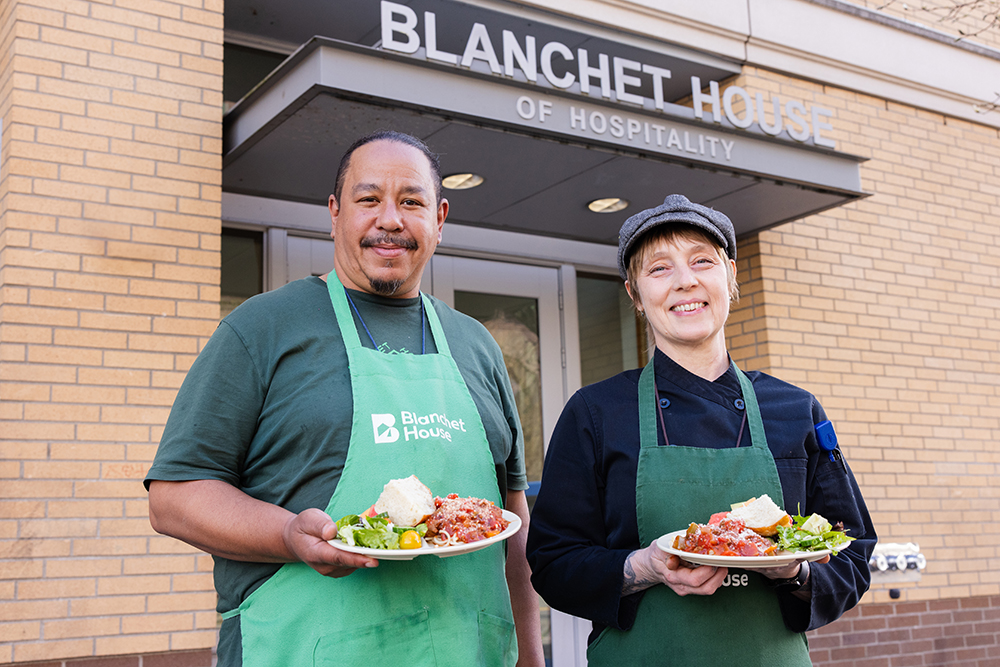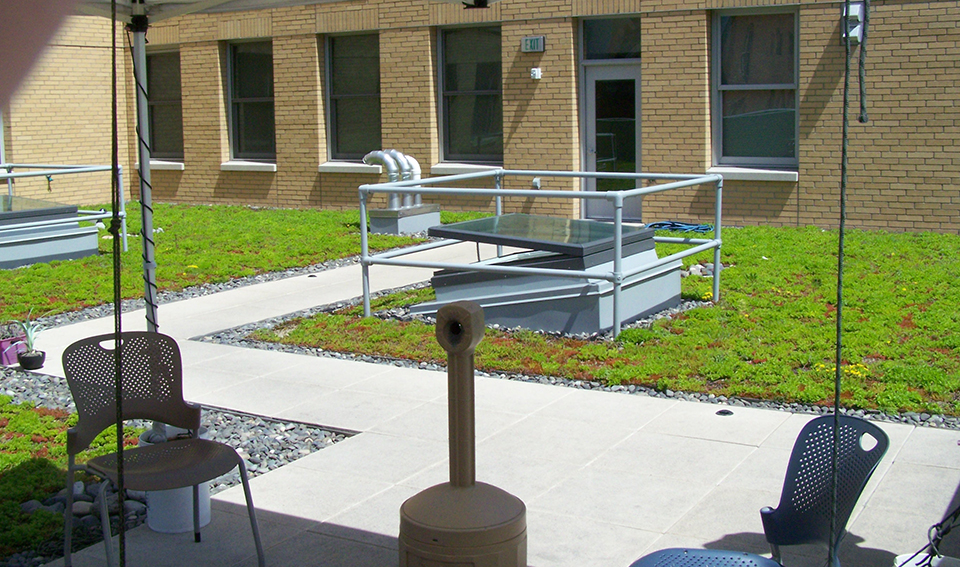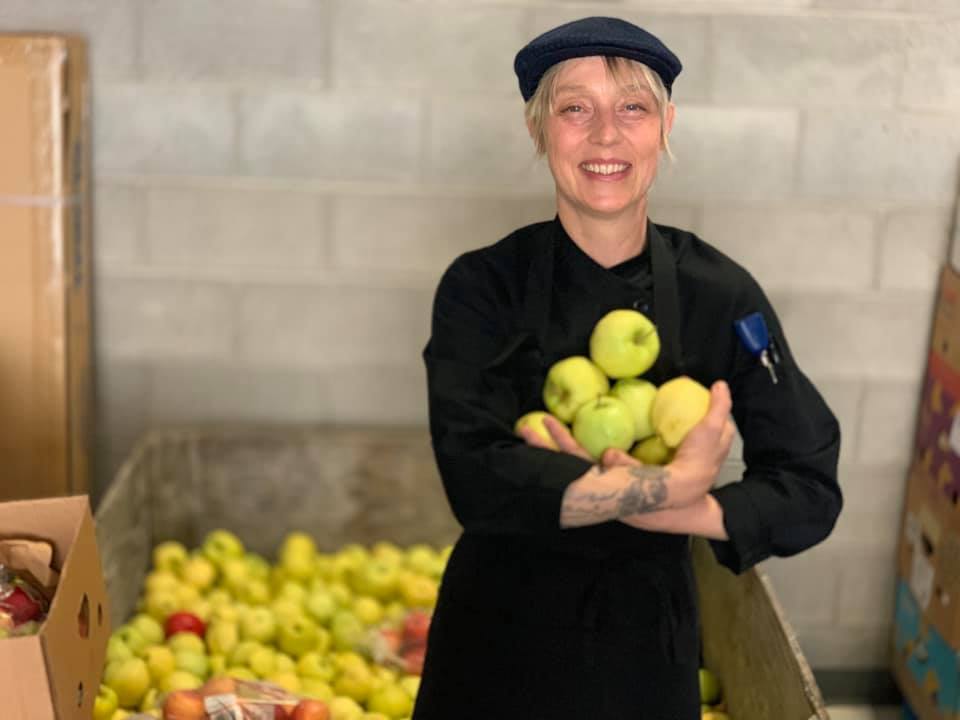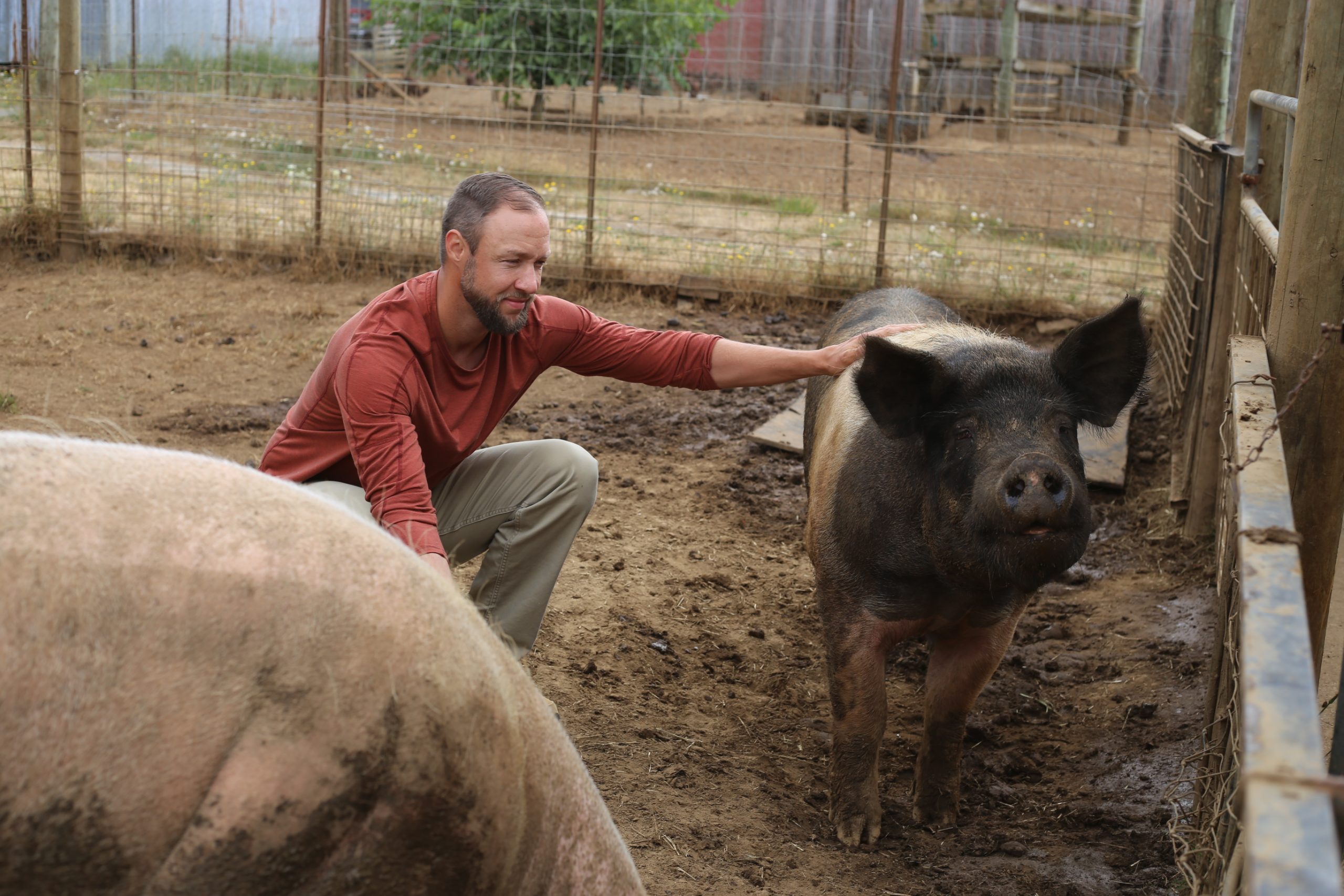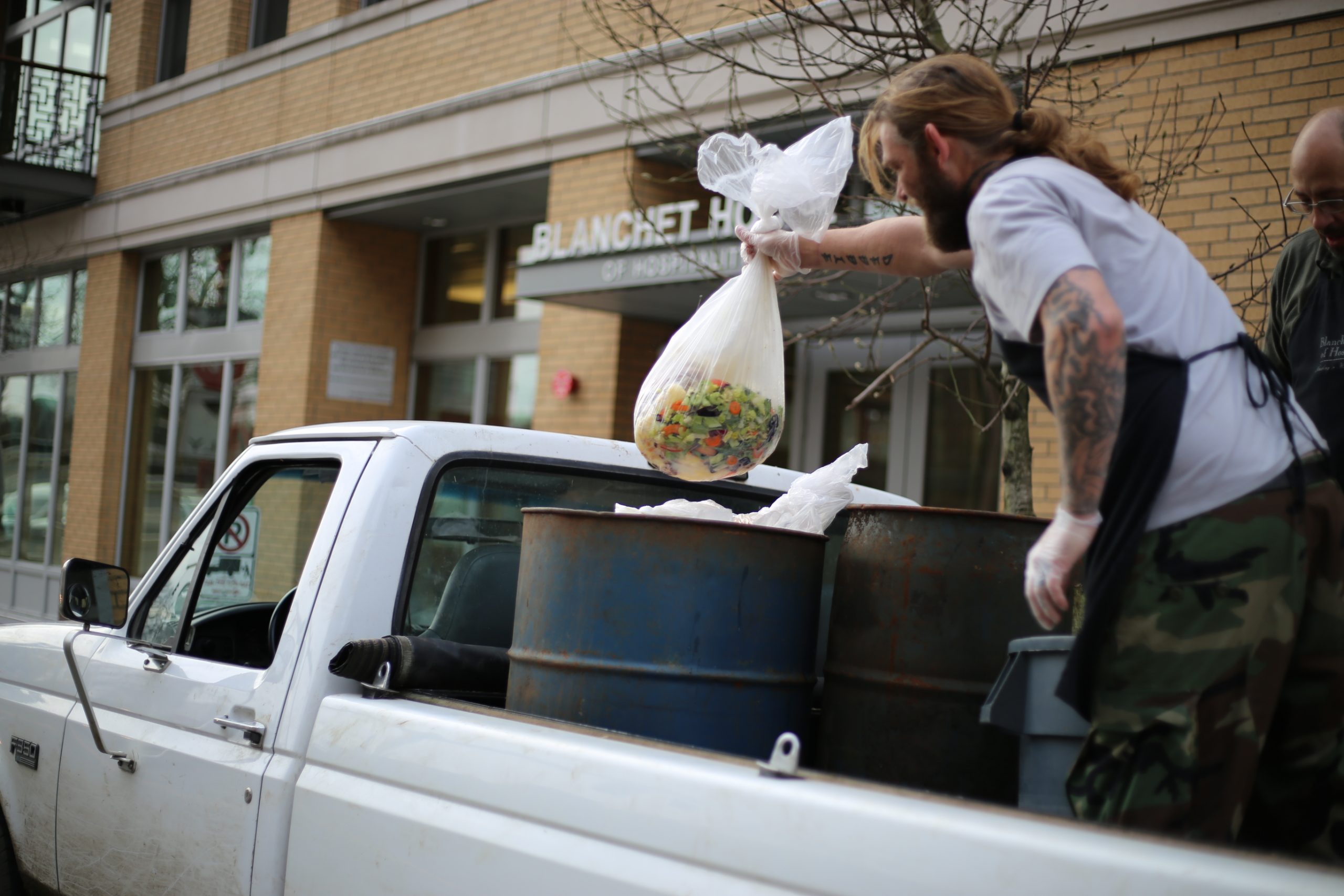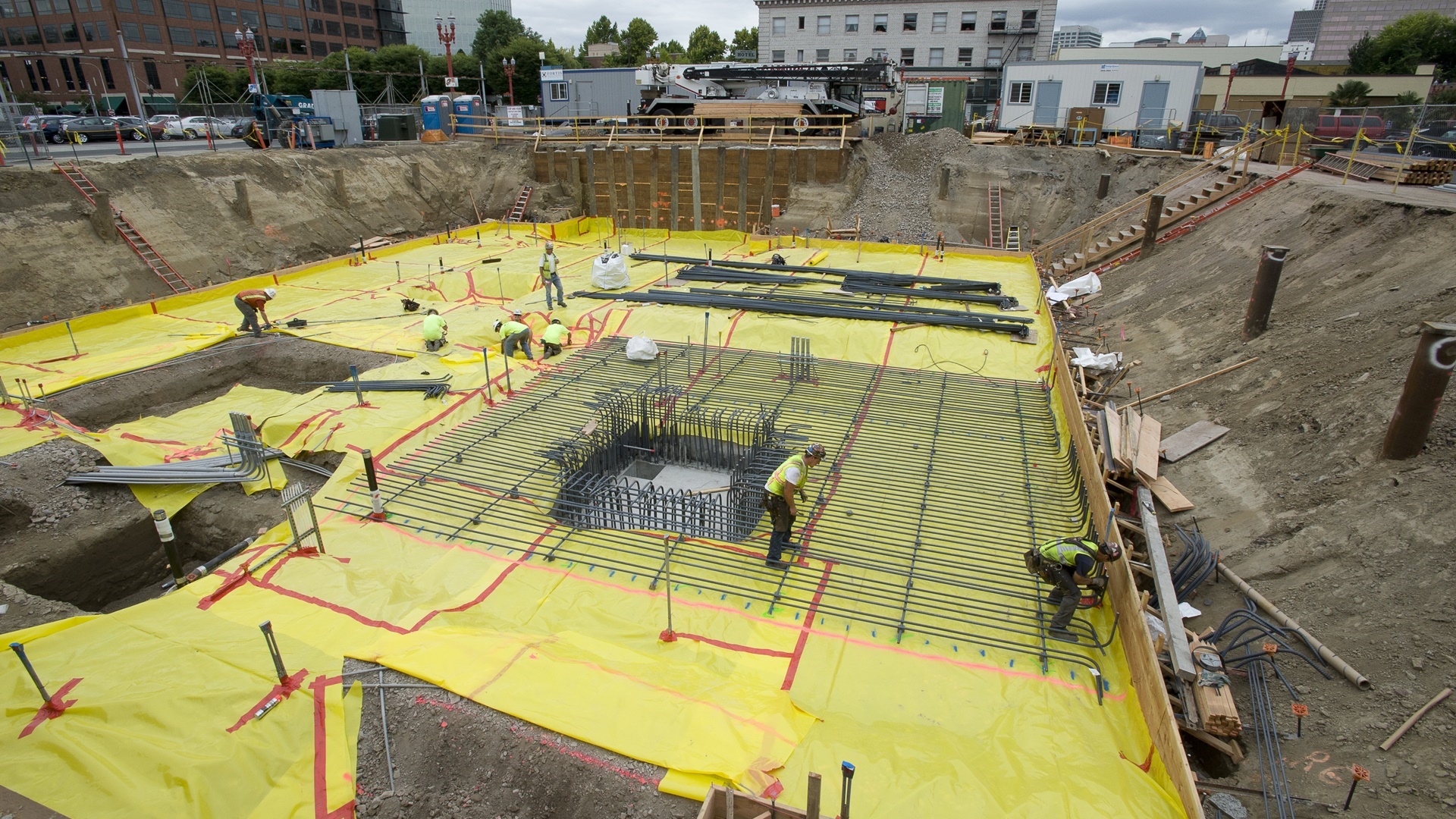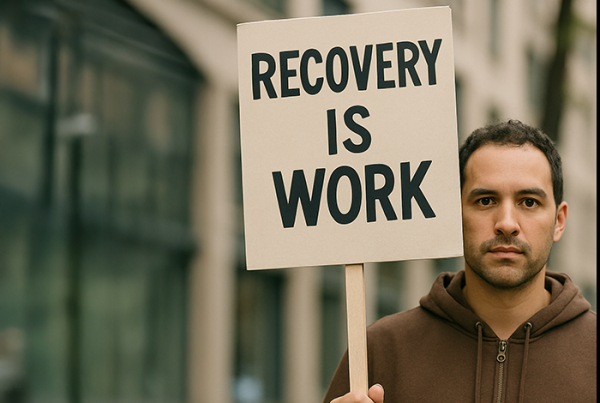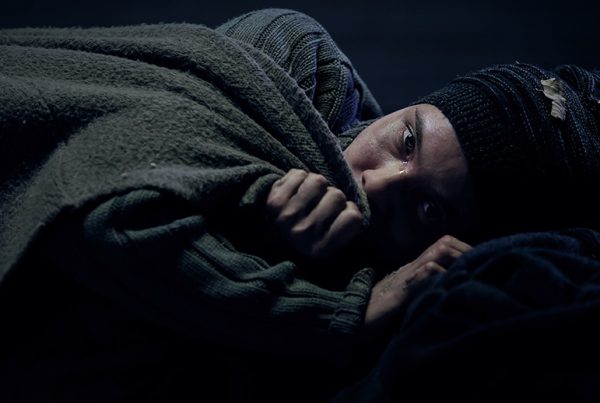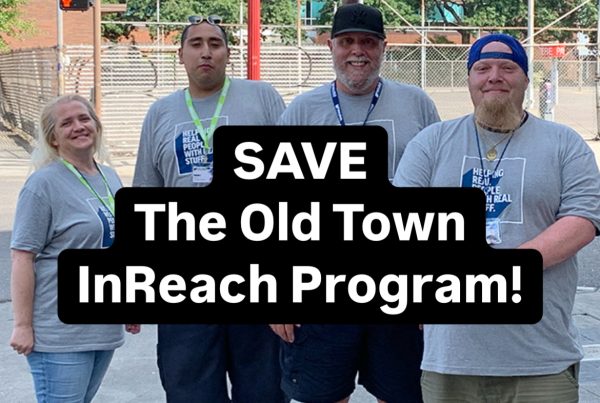At Blanchet House of Hospitality, Earth Day is every day. Our mission compels us to better the health and well-being of the people we serve, which means caring for the environment we share too. From our nonprofit meal program’s zero food waste kitchen to our building’s construction we have incorporated sustainable living practices to lessen the negative impact on the environment.
Operating sustainably means we are reducing the number of resources needed to run our programs by doing the following:
Green Roof for Rainwater Harvesting
An estimated 63,000 gallons of rainwater can be collected from Blanchet House’s green roof. Rainwater harvesting creates an alternative water supply that stores rainwater for later uses like toilet flushing. Blanchet House estimates that well over 150,000 gallons of fresh water are saved every year by using a rainwater harvesting and recirculation system. The small plants on the green roof also work to capture airborne pollutants and filter noxious gases.
Rescue Surplus Food from Local Businesses for a Sustainable Nonprofit Kitchen
Blanchet House helps reduce food waste in Portland by collecting overstocked surplus food from grocery stores, restaurants (Whole Foods, Trader Joe’s), and wholesalers. In 2020, we kept more than 63 tons of surplus edible food from going to waste. Our chefs inspect all gleaned food for quality and then prepare delicious meals for our food-insecure guests daily. We also share surplus food with local mutual aid groups and partner organizations like Feed the Mass, Meals to Us, and PDX Free Fridge. Learn more about our food rescue program.
Food Waste Reduction for a Sustainable Nonprofit Kitchen
We strive for a zero-food waste sustainable kitchen. Blanchet House composts all food scraps, unused food, and leftovers by turning them into feed for farm animals at Blanchet Farm and other farms. Food scraps are collected daily and then heated to eliminate harmful bacteria before being fed as slop to pigs. Goats, ducks, sheep, and chickens also help with sustainability by eating grains, bread, fruit, and vegetables. In 2020, the animals at Blanchet Farm kept more than six tons of food waste out of landfills. Learn more about our food reduction program.
Recycling Program
A comprehensive recycling program to manage the disposal of cardboard, paper, plastic, glass, and metals is also critical to the operations of a sustainable nonprofit. The residents of our transitional housing program sort and collect recycling every day from our nonprofit kitchen and facilities helping to meet sustainability goals.
Blanchet House is also a BottleDrop Give partner which means you can collect refundable cans and bottles to support our services to the community. Learn more about how to participate in the blue bag program.
Energy Efficiency
In 2012, a new LEED Platinum Certified Blanchet House was constructed to replace the original, now dilapidated structure next door. SERA Architects and Fortis Construction focused on erecting a building that utilized sustainable design and construction practices that would positively benefit operations. The new greener building helps achieve a high percentage of water, energy, and cost savings giving the Blanchet House more money for programs that directly help people in need.
- Energy efficiency measures include an improved thermal envelope, reduced interior lighting power density, daylighting and occupancy sensors, and a high-efficiency boiler.
- More than 75 percent of the total wood-based building materials were harvested from FSC-certified forests.
Lighting is a big part of a building’s energy use. By participating in Energy Trust of Oregon’s Small Business Lighting program, Blanchet House has energy-efficient lighting measures throughout our Portland building. Energy-efficient LEDs reduce overall energy usage and carbon output. The improved lighting also creates brighter, safer spaces for our community.














